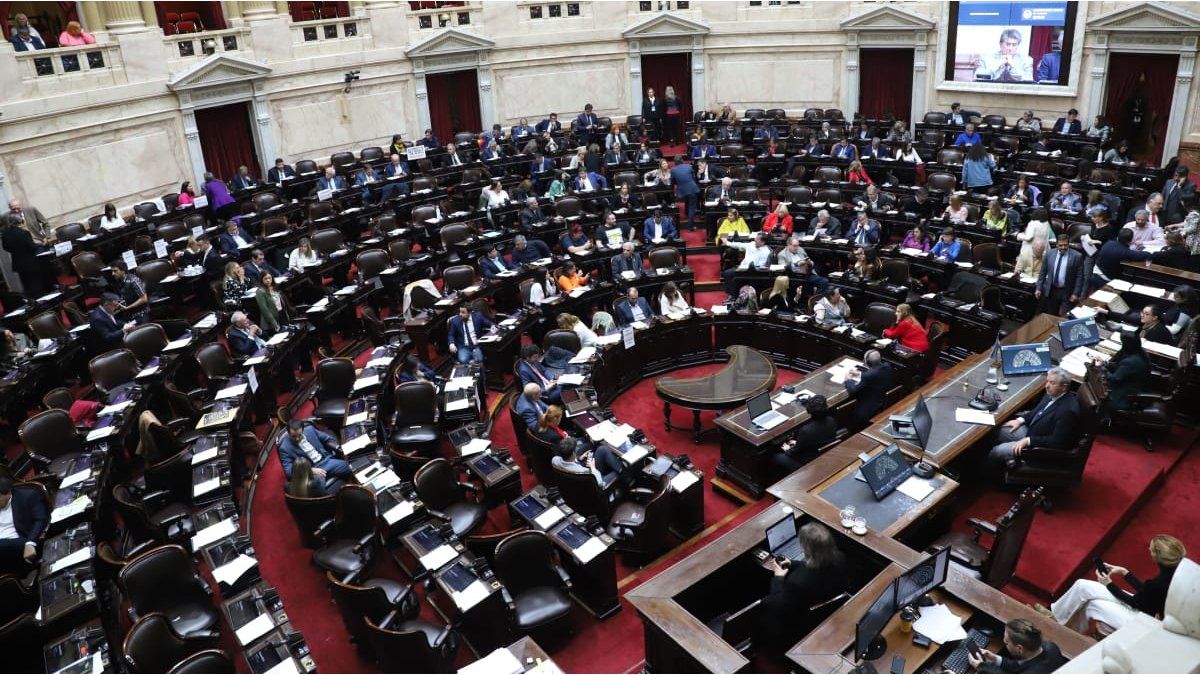In line with the approach that is being debated in the Organization for Economic Cooperation and Development (OECD), the Government will send to Congress a project to establish a Minimum Tax for Large Companies of 15%. The initiative It will be included in the “separate” of the 2024 budget which also contains the discussion of all tax expenditure. It will be calculated based on the accounting results of the companies and in the first estimates a collection of $1 billion is anticipated.
Ambit had exclusive access to a document that details the measure with which the Government seeks to dismantle the maneuvers carried out by a group of companies to reduce the effective rate of payment of Income Tax. As a conclusion, the text highlights the need to move forward with “the application of a Minimum Tax of 15% to be calculated on the Accounting Income of large companies.”
On this point, the Government’s internal circulation report clarifies that “this sum may be deducted from the amount to be paid corresponding to the Income Tax” and details that “in no case will a balance be generated in any favor for the taxpayer.” The economic team’s preliminary estimates indicate that could increase revenue by $1 billion.
As anticipated by this media, the Ministry of Economy is initially working on the premise agreed with the International Monetary Fund of a deficit in the order of 0.9% by 2024. At the same time, It hopes that with the parallel treatment of these initiatives, a “robust surplus” will be achieved in the next year.
A tax in line with the OECD
The initiative is based on the debate that is taking place within the framework of the Organization for Economic Cooperation and Development (OECD) which published a series of detailed regulations to implement a reform of the international tax system. The central objective of the organization is to ensure that multinational companies are subject to a minimum tax rate of 15%.
In October 2021, 137 countries and jurisdictions that make up the OECD and G-20 inclusive framework on base erosion and profit shifting They supported that agreement. The rules define the scope and establish mechanisms to adopt a global minimum corporate tax rate of 15%.
According to the document to which this media had access, “these rules aim to generate a coordinated tax system to guarantee that large groups multinationals pay the minimum income tax in each of the jurisdictions in which they operate.”
Separate
In addition to the Minimum Tax for Large Companies, the Minister of Economy will include in what he called the “separate” of the 2024 budget all the State tax expenditure. Exemptions, special regimes, benefits to companies, among others, which together represent around 4.9% of GDP.
As Ámbito learned, The Government aims to reduce these resources by at least 30% and achieve a surplus of around 1% of GDP. The Secretary of Economic Programming, Gabriel Rubinstein, also announced days ago that, if that goal is reached, progress can be made in “relaxing exchange restrictions” because next year US$45,000 million more will enter than in 2023.
The election year anticipates a heated discussion in Parliament. Although in this case, it is not about the “Argentine cost” but rather a debate that is beginning to take place around the world. How can we ensure that creative accounting does not end up completely defunding the States? A piece of information handled by the Government sets off alarms: The effective rate of payment of Income Tax by companies is 2.44%.
Source: Ambito




